GESAC’s Response to tech lobby attacks on creators
The past few months have revealed increasingly aggressive and even offensive attacks from opponents of the Copyright Directive, mostly consisting of organisations more or less tightly linked to Google. Although we refuse to launch similar attacks, we feel obliged to at least respond to some of the worst or most inaccurate claims made, and hopefully move on to a healthier debate.
Aside from the attacks mentioned in the post below, the latest letter, signed by 80 organisations, seems to be a collection of past letters and statements that we are happy to respond to. Most of the signatories, as well as those from the statements they link to, are single national organisations and not European umbrella organisations. For a comprehensive overview of arguments against the points made in the list of declarations mentioned in the letter, please click here.
In short, the different attacks that we take issue with have:
- Offered to pay creators to act against their own interests
- Claimed creators are unable to think for themselves
- Argued that if creators aren’t essentially starving, they have no grounds for their protests
A few facts to straighten out:
- Creators are actively fighting the issue of transfer of value (for instance through a petition signed by over 22.000 of them)
- Organisations representing all horizons of culture (and not just music) have rallied together against the transfer of value issue (see joint statement)
- A license with a UUC platform would cover consumer uploads, creating legal certainty for them: creators have an interest in the widest possible consumption of their works, provided they are paid accordingly
- The Copyright Directive means creators can get paid and have their works online, vs. the current choice between receiving no/very little pay or playing whack-a-mole to get their works down
- The Directive does not change existing EU law principles but will instead change the attitude of certain platforms towards creators, obliging them to cooperate and remunerate fairly
- Growth in revenues from digital use stems almost exclusively from licensed providers, and not the biggest point of access to creative content online: YouTube
Now, for a point by point response:
The CreateRefresh.eu campaign
The campaign offers a grant to creators for them to make content that actively advocates for diminishing their rights online. The irony is hopefully not lost on anyone.
The website speaks of the Internet being the place where creators are seen, heard and inspired, but conveniently doesn’t mention getting paid. Perhaps because the larger UUC platforms in fact don’t or barely pay anything to creators, and that’s exactly how they’d like to keep it.
The attempts to quash the proposed Directive by saying it would somehow censor creators are easily debunked. If platforms were to cooperate with rights holders, and license their content, consumer uploads would be covered by such licences as well. Authors’ societies who have a catalogue of some 30 million songs have no interest in taking down billions of usages of those works on the platforms: they have an interest in making sure their authors are heard as far and wide as possible, and are paid accordingly.
The new Directive actually gives creators a new choice: instead of being faced with “play whack-a-mole with a powerful platform to try to keep your works offline, or accept that you’re not going to get paid for your work”, creators can now actually get paid AND have their works available online. This brings fairness to the market for creators and legitimate online services alike.
The principles of existing EU law remain unchallenged with the Directive. However, the one essential player which happens to be missing from the Create Refresh campaign—platforms—will have to change how they treat creators, and hopefully stop their free-riding.
C4C video
Let’s start with pointing out that this C4C video that essentially claims that creators are unable to think for themselves is nothing short of offensive and out of place in a political debate.
Authors’ societies are non-profit organisations run for and by authors, who negotiate, collect, and distribute royalties based on the usage made of their works. Creators are more than aware of the imbalance that has been created by wrongly interpreted legislation: they are personally suffering from it, and have been vocal in pointing out the problem (such as here and here). Tech giants who are at the source of this problem and hugely benefit from it, have no place lecturing creators on these issues.
Aside from creators getting personally involved, many organisations representing them have actively called to put an end to the transfer of value (or value gap) in a joint declaration on transfer of value. This should put the myth that the transfer of value issue is only about music to rest, once and for all.
Ironically, the “create refresh” campaign mentioned above is happy to treat creators the very way they are depicted in this C4C video. This shows the leitmotif throughout the campaigns aimed to discredit the Copyright Directive: contempt for creators.
CCIA report
Another source of disinformation has been the CCIA report which completely misses the point on the transfer of value taking place, or the funnelling of value from creators to platforms.
The argument that comes out of the CCIA report essentially is that if authors’ societies still exist, and actually have the nerve to grow, why would tech giants pay for the content they provide access to and make money from. Just put that argument in any other context: do you refuse to pay for your bread because the baker has the audacity to be able to bake some in the first place?
The argument here isn’t whether authors still generate revenues, it’s whether they’re getting a fair share (or anything at all) from what their works generate on the platforms of self-proclaimed intermediaries.
The CCIA report also says that between 2010 and 2015, digital performance rights increased by 500%. This is hardly a surprise: Spotify was launched at the end of 2008, and started spreading significantly from 2010 onwards. Deezer started paying royalties in 2007, and only became widely popular after a partnership with Orange in 2010. In other words, a digital market grew from being non-existent.
The growth of digital can be assigned almost exclusively to digital content services that are licensed. But CCIA deceitfully puts its own members like YouTube in the same basket; platforms that refuse to license, or severely under-license.
Moreover, compared to overall revenues generated by authors’ societies, digital still represents on average only about 9% of collections, despite an enormous growth of online usage of creative works. The main reason for this is that companies like YouTube (which CCIA represents) generate more usage than all legitimately licensed services combined and yet refuse any fair negotiations. This means that the biggest part of the market is not properly remunerated, if at all, and the rest of the market cannot be properly valued based on such a distortion.
Licensing negotiations with YouTube are based on take-it-or-leave-it deals due to a legal loophole they’ve managed to create and hide behind so far. This means 1) no or very low revenues; 2) where you have an agreement, there is no guarantee that another deal will be struck after the end of that agreement.
CCIA also entirely pulls out of context GEMA’s record turnover from 2016, a 15% increase from 2015. The larger part of this sudden increase is due to a one-off payment related to private copy paid in that year for several previous years. A very small part is due to a one-off payment from YouTube, who had refused to license the content it provided access to for 7 years. Undoubtedly feeling the pressure from the upcoming copyright directive that could put an end to its practices, it finally offered to pay up for these 7 years in one go while keeping the legal uncertainty for the future in place.
Let’s just call the CCIA paper what it is: clickbait to turn the attention away from the actual debate, which is: how do we ensure that platforms that generate revenues from protected works actually share these fairly with creators?
What it’s about: getting creators paid fairly online
The Commission proposal that is currently on the table and being discussed in Parliament and Council, offers two solutions:
1. Clarify the existing law under Recital 38: user uploaded content services communicate to the public and do not fall under Article 14 of the E-Commerce Directive (also known as “safe harbour”) when they promote, optimise and present protected works.
2. Provide tools for cooperation between rights holders and platforms under Article 13, for those platforms who host and give access to large amounts of protected content.
Clarifying the law and providing tools for better distribution is a win-win situation for all involved:
- authors get a fair share of what their works generate,
- all those who provide access to protected content get a level playing field,
- consumers get access to more content since there will be a level playing field for more legitimate services and it’s in everyone’s interest to license content rather than block or remove it.
The work by the Commission has received the endorsement of key academic associations like ALAI and other academics who have spoken out in favour of the proposal, is supported by an incredibly wide front of stakeholders in the culture sector, and moreover, was backed only last year by over 22.000 creators.
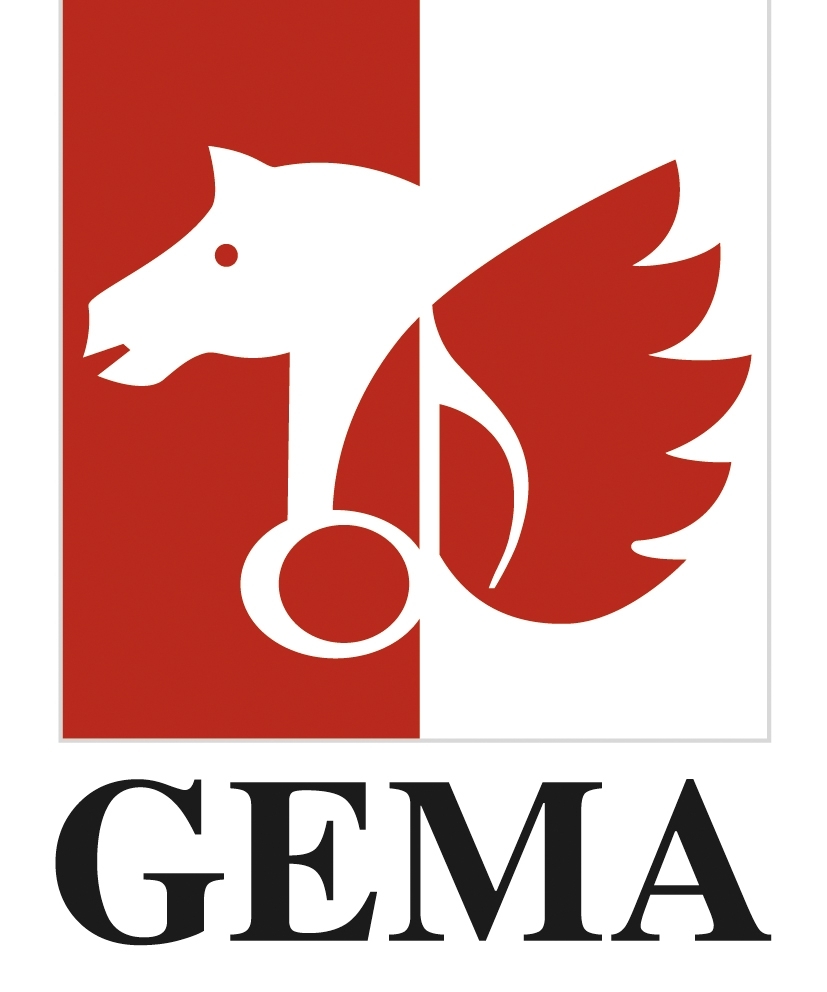

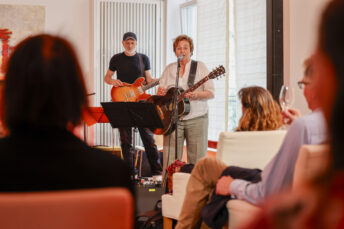









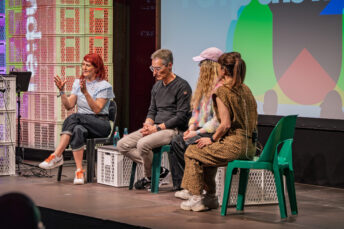

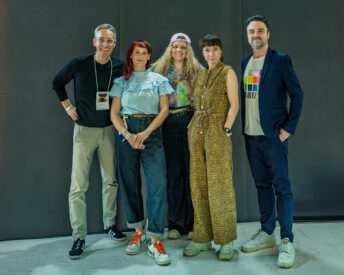
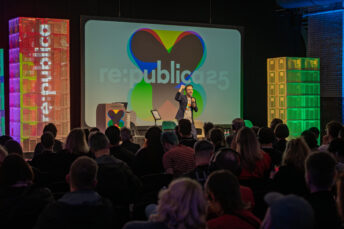
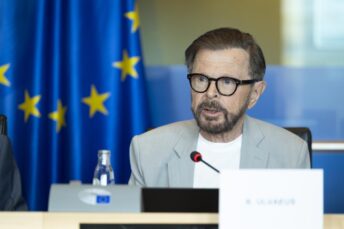

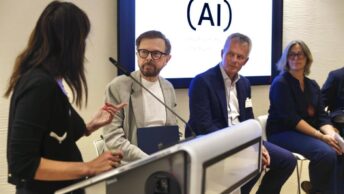

Ein Kommentar